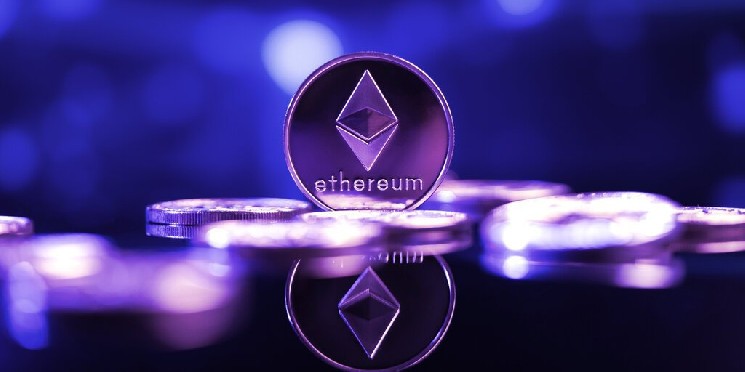How Ethereum Traders Actually Played The Merge

Predictions that the Ethereum merge would be a “buy the rumor, sell the news” event have largely played out in the wake of the much-anticipated update to the second largest blockchain by market cap.
At least, that’s the post-merge conclusion of Glassnode, a crypto market intelligence provider that foresaw the selloff within Ethereum’s futures and options markets last month. The firm called the Ethereum upgrade «one of the most impressive feats of engineering in the blockchain industry.»
How Ethereum Traders Are Preparing to Buy and Sell the Merge
“It is quite unsurprising that profits were taken where profits were available,” Glassnode wrote in its Monday report on the merge. Leading up to the event, Glassnode noted, ETH was one of very few assets performing well given this year’s bearish macroeconomic climate.
The market seemed to anticipate the selloff, however. Leading up to the merge, funding rates for Ethereum tanked to an all-time low of -1,200% annualized among traders looking to sustain their short positions.
“Funding rates have since completely reverted to neutral, suggesting much of the short-term speculation premium has dissipated,” explained the firm.
Bitcoin, Ethereum Funding Rates Remain Negative Amid Market Volatility
In the perpetual futures market, funding rates are regular payments between traders who are speculating on Ethereum’s short-term future price. The payments ensure that the perpetual contract price closely tracks the price of the underlying asset.
A positive funding rate means that traders holding long positions are paying those with short positions, and indicates that the market is generally bullish about an asset’s future price. By contrast, a negative funding rate means shorts are paying longs, and that the market suspects the underlying crypto’s price to drop.
Funding rates heading into the merge were even lower than the -998% rate observed in March 2020 – the month of the so-called “Black Thursday” that momentarily incinerated crypto markets.
How Black Thursday reshaped the Bitcoin futures market
Total futures open interest—the amount of outstanding futures commitments surrounding Ethereum—fell 15% after the merge, from roughly $8 billion to $6.8 billion in USD terms. However, it’s unclear how much of this is due to declines in Ethereum’s price, which impacts the dollar value of ETH-denominated futures positions.
When measuring open interest in ETH terms, futures open interest appears to be at an all-time high, even increasing over the past week. According to Glassnode, this suggests that many traders are still sustaining their risk-hedging positions.
Meanwhile, interest for call options, which surpassed Bitcoin’s for the first time ever in August, fell by $600 million following the merge. Call option position value is now $5.2 billion, which is “still much higher than 2021 norms.”
A call option is a temporary guarantee that a trader can buy a given asset at a predetermined price, if the trader chooses. A put option is the same, but for selling an asset.






 Bitcoin
Bitcoin  Ethereum
Ethereum  Tether
Tether  USDC
USDC  TRON
TRON  Dogecoin
Dogecoin  Cardano
Cardano  Bitcoin Cash
Bitcoin Cash  Chainlink
Chainlink  Monero
Monero  LEO Token
LEO Token  Zcash
Zcash  Stellar
Stellar  Litecoin
Litecoin  Hedera
Hedera  Dai
Dai  Cronos
Cronos  OKB
OKB  Tether Gold
Tether Gold  Ethereum Classic
Ethereum Classic  KuCoin
KuCoin  Algorand
Algorand  Gate
Gate  Cosmos Hub
Cosmos Hub  VeChain
VeChain  Stacks
Stacks  Tezos
Tezos  Dash
Dash  TrueUSD
TrueUSD  IOTA
IOTA  Basic Attention
Basic Attention  Theta Network
Theta Network  Decred
Decred  NEO
NEO  Synthetix
Synthetix  Qtum
Qtum  Ravencoin
Ravencoin  0x Protocol
0x Protocol  DigiByte
DigiByte  Zilliqa
Zilliqa  Holo
Holo  Nano
Nano  Siacoin
Siacoin  Numeraire
Numeraire  Waves
Waves  Status
Status  Enjin Coin
Enjin Coin  Ontology
Ontology  Hive
Hive  BUSD
BUSD  Lisk
Lisk  Pax Dollar
Pax Dollar  Steem
Steem  Huobi
Huobi  NEM
NEM  OMG Network
OMG Network  Bitcoin Gold
Bitcoin Gold  Augur
Augur